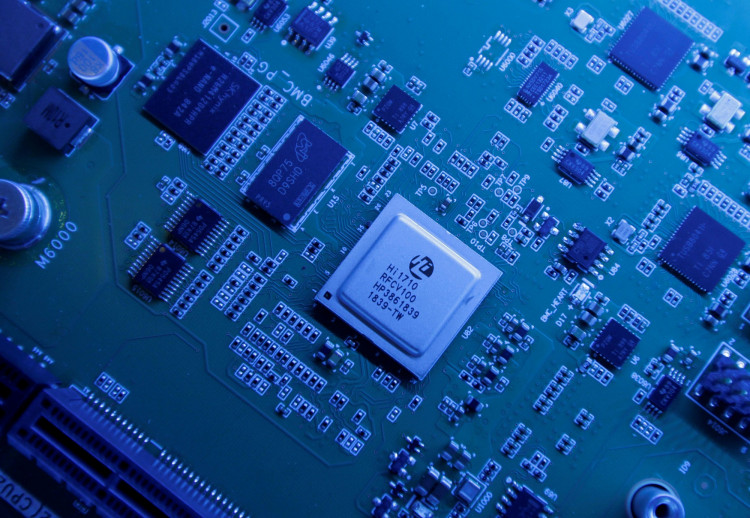Chinese Foreign Minister Qin Gang cautioned Japan against backing US restrictions on China's semiconductor industry, as Washington continues to seek support for its chip export limitations. Qin urged Japanese counterpart Yoshimasa Hayashi on Sunday not to assist the US, stating, "What you do not want, do not do to others," according to a CNBC translation of a Chinese foreign ministry statement.
Qin noted that the embargo would only strengthen China's resolve to become self-sufficient, adding that Japan should remember the pain of US suppression of its own semiconductor industry. Semiconductors, essential components in various products from home appliances to military equipment, have become central to the tech rivalry between the US and China.
In an effort to hinder China's access to and production of advanced chips, the US Department of Commerce implemented comprehensive rules last year. However, for these restrictions to be effective, the US needs cooperation from other crucial nations in the semiconductor supply chain, such as South Korea, Japan, and the Netherlands.
The US has made progress in rallying these countries to support its measures. Japan, a vital player in the semiconductor supply chain, includes key companies such as Sony and Tokyo Electron. On Friday, Japan announced export restrictions on 23 types of semiconductor manufacturing equipment, though it did not specifically mention China.
This development follows the Netherlands' announcement last month of export limitations on "advanced" chip manufacturing equipment. The country is home to ASML, one of the most critical semiconductor firms. Despite implementing some export restrictions, these nations are still attempting to maintain trade relations with China.
Japan, whose largest trading partner is China, has emphasized that its chip export restrictions are not targeted at any particular country. However, tensions remain high between China and Japan, with Beijing voicing concerns over Japan's military build-up. Hayashi, in turn, called for China to release a Japanese national detained in Beijing.
As the US continues its efforts to rally support for chip export restrictions, countries like Japan face the challenge of maintaining trade ties with China while responding to US pressure. The ongoing battle for tech supremacy between the US and China, with semiconductors at the forefront, will likely continue to impact the global semiconductor supply chain and strain diplomatic relations between countries involved in the industry.





